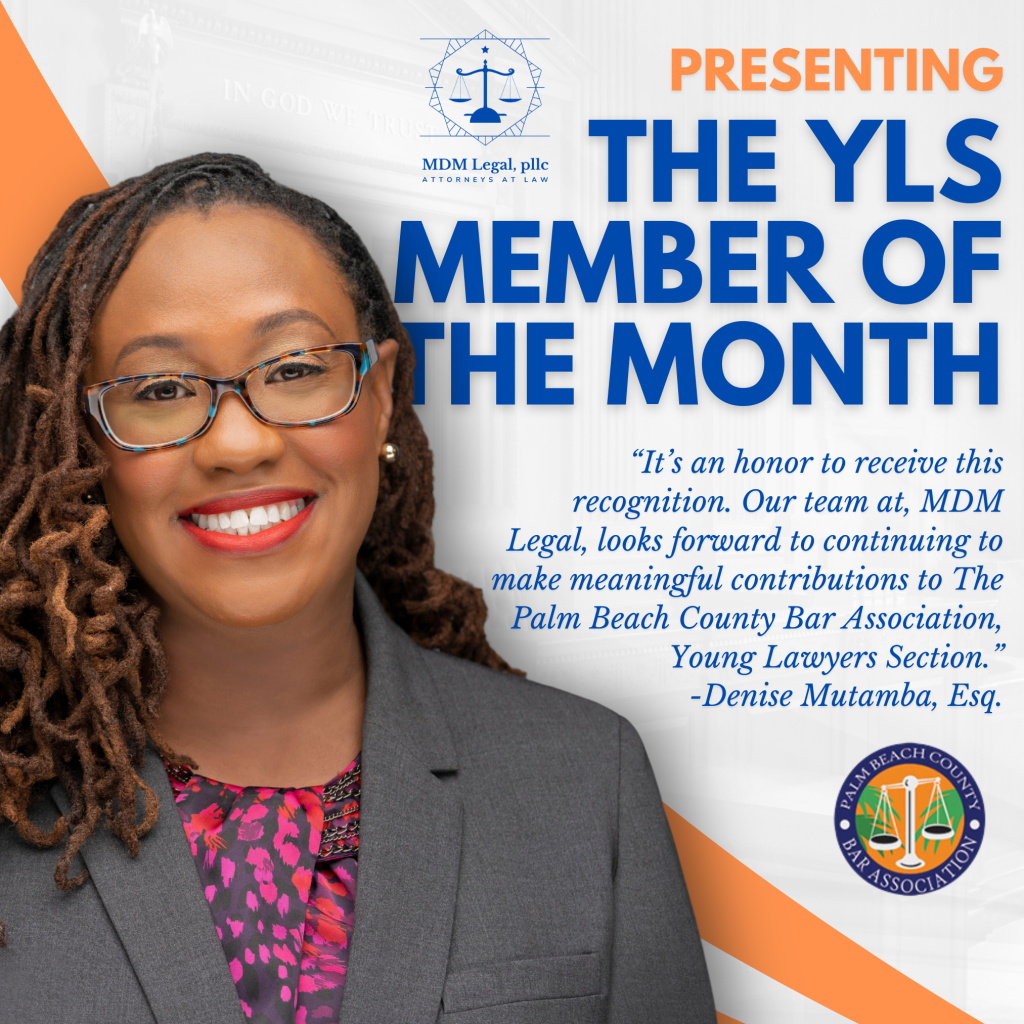On May 16, 2023, Governor Ron DeSantis signed Senate Bill 1718 (SB 1718). The new law provides for prohibitions on transporting unauthorized aliens and places requirements on employers during the hiring process.
Florida Statute Section 322.033
Florida Statute Section 322.033 invalidates any out-of-state driver’s license or other permit issued to authorize its holder to operate a motor vehicle issued exclusively to undocumented immigrants who are unable to prove lawful presence in the United States when the license was issued.
Florida Statute Section 448.09(1)
Florida Statute Section 448.09(1) prohibits and makes unlawful for employers to knowingly hire, recruit, or refer for employment in Florida an alien who is not duly authorized to work according to the immigration laws of the United States.
Florida Statute Section 448.09(2)
Florida Statute Section 448.09(2) requires the Department of Economic Opportunity (DEO), when it receives information sufficient information to enter an order determining that an employer has knowingly employed an unauthorized alien without verifying the employment eligibility of such person and to demand repayment of any economic development incentive. For a violation of 448.09 the employer will be placed on probation for 1 year and be required to submit quarterly reports demonstrating its compliance. If an employer violates the section twice in a 2-year period, DEO may suspend or revoke all of its licenses need to conduct business in Florida. Finally, the department may take the following actions for the below listed violations:
(a) One to 10 unauthorized aliens, suspension of all applicable licenses held by a private employer for up to 30 days by the respective agencies that issued them; (b) Eleven to 50 unauthorized aliens, suspension of all applicable licenses held by a private employer for up to 60 days by the respective agencies that issued them; and (c) More than 50 unauthorized aliens, revocation of all applicable licenses held by a private employer.
New Section- 448.095 (Effective July 1, 2023)
Florida statute section 448.095 is a new section dedicated to the requirements employers must follow when employing employees.
Who Is an Employer Under the Law?
This section requires public agencies and private employers with 25 or more employees to use the E-verify system to verify employees eligibility to work in the United States.
The law also provides for situations where an employer using a staffing agency to lease employees. It provides that unless an agreement between the employer and staffing agency says otherwise, the responsibility of compliance lies with the staffing agency.
What Does the New Law Require?
Just like the federal requirement, the new Florida law will require employers to verify eligibility within 3 business days after the first day that the new employee begins working for pay. The law provides for an exception in instances when the E-verify system is unavailable. When the E-verify system is unavailable, employers must use the current Form I-9. For more information about Form I-9 or the current form, click here. In addition, employers must “document the unavailability by retaining a screenshot from each day which shows the employer’s lack of access to the system, a public announcement that the E-Verify system is not available, or any other communication or notice recorded by the employer regarding the unavailability of the system.” Employers must keep the records documenting unavailability for 3 years.
In addition it prohibits employers from continuing to employ an unauthorized alien after obtaining knowledge that the employee is or has become an unauthorized alien.
Finally, it also requires that employers certify on its annual tax filing that it is in compliance with the requirements under Florida Statute Section 448.095 when making contributions to or reimbursing Florida’s unemployment compensation or re-employment assistance system.
In addition the requirements outlined above, the new law requires public agencies, to obligate its contractors and any subcontractor to register and use the E-Verify system. It also requires any subcontractors of the contractor to execute an affidavit swearing that it does not employ unauthorized aliens.
How Can Employers Defend Against Alleged Violations?
The new law provides employers with a rebuttable presumption and an affirmative defense for engaging in certain activities. A rebuttable presumption is a legal principle that presumes something to be true unless proven otherwise. Here, the new law allows for a rebuttable presumption that employers have not violated the new law if employers use the E-Verify system or Form I-9 if E-Verify is unavailable.
In addition, the new law allows for an affirmative defense if employers use the same documentation that is required by the United States Citizenship and Immigration Services (USCIS) on its Form I-9.
What is E-Verify?
E-Verify is an internet-based system operated by the United States Department of Homeland Security and allows employers to electronically verify employment eligibility of new employees. For more information on enrolling into e-verify, click here.
When Must Employers Comply?
Beginning July 1, 2024, the new law authorizes Florida’s Department of Economic Opportunity (DEO) to determine if employers are in compliance. It also authorizes the DEO to issue fines if employers do not come into compliance within 30 days of noncompliance after having violated the new law 3 times within a 24-month period. The DEO may impose a fine of $1,000 per day until the employer provides sufficient proof that the noncompliance has been cured.
Audits
Finally, the new law authorizes regularly coordinated random audits to ensure compliance and enforcement and shall notify the DEO of any violations.
What Actions Should Employers Take?
Public agencies and private employers with 25 or more employees, should come into compliance with the new law by July 1, 2023. All employers should enroll into the E-Verify system and train employees who process Form I-9s on the new law and its requirements. For public agency employers, it means updating its contracts to include the required language.
How Can MDM Legal Help?
MDM Legal, pllc will keep abreast of the changes and recommendations related to SB 1718. If your team has questions, MDM Legal will be prepared to advise and guide them to the most appropriate solution. Call us today for help or book a consultation!








